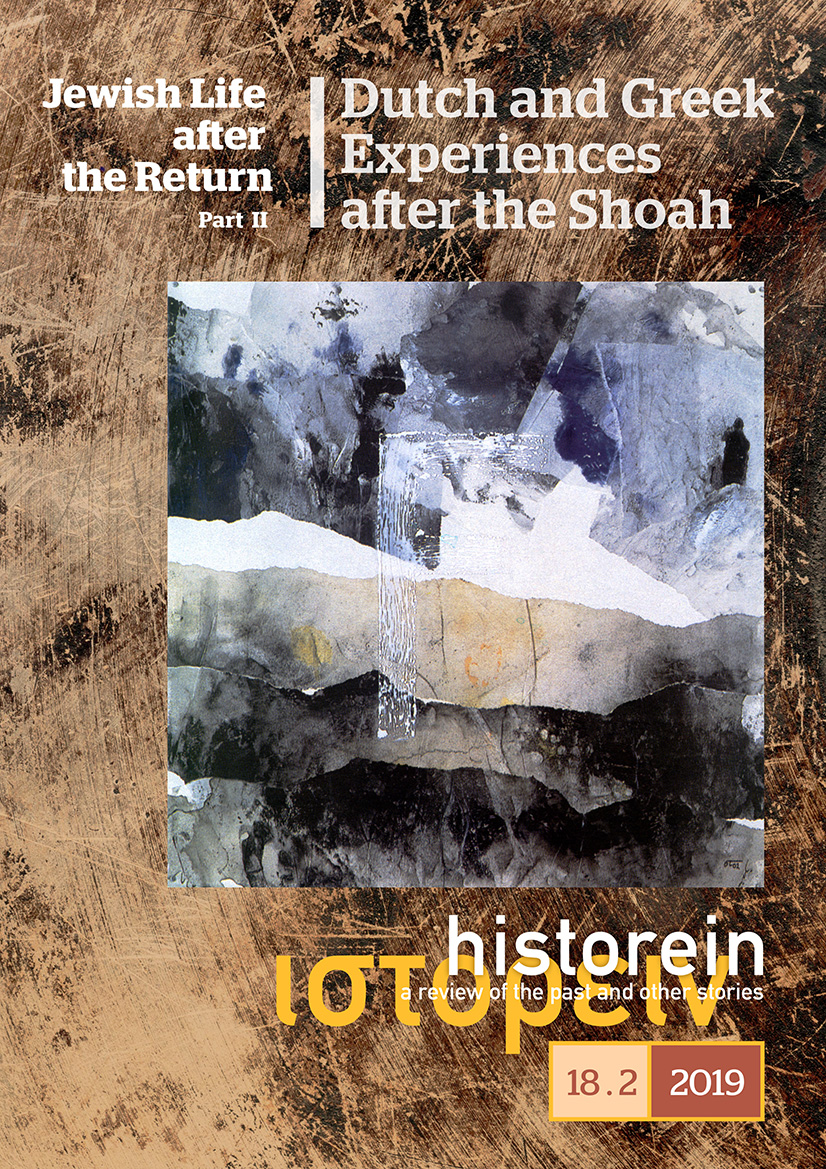The Cowardly Jew they Forgot to Gas: The Phenomenon of Dutch Post-liberation Antisemitism and Some Continuities

Abstract
This article elaborates on two antisemitic stereotypes or phenomena that show how the Shoah was turned against the Jews as early as 1945. The curse “they forgot to gas you” popped up immediately after the war, during all kind of public rows on the street with Jewish employers and neighbours. It was, so to say, the first antisemitic post-Holocaust stereotype that sent the Jewish survivor – verbally – to the gas chamber. Several Jews took cases to court. The insult “they forgot to gas you” was taken more seriously by Jews themselves and punished more severely by the court than the simple insult “filthy Jew”. The identification of “the Jew” and the gas chamber never disappeared but lives on – also within the football world, satire and anti-Israel demonstrations. It is a manifestation of what Theodor Adorno coined Schuld- und Erinnerungsabwehrantisemitismus (antisemitism based on a rejection of guilt and unwelcome memories). The same goes for the accusation that, during the German occupation, the Jews had offered no, or not enough, resistance against the Nazis. Others had to fight for them. Jews were neither fighters nor heroes; they depended on the courage of gentiles. Also this stereotype of the passive, obedient Jew would persist, for example, in a final school examination paper in 1983 and in some recent Dutch historiography on the Second World War and the Shoah. In this way the Shoah functioned as a point of fixation for postliberation – and more generally – postwar antisemitism.
Article Details
- How to Cite
-
Gans, E. (2019). The Cowardly Jew they Forgot to Gas: The Phenomenon of Dutch Post-liberation Antisemitism and Some Continuities. Historein, 18(2). https://doi.org/10.12681/historein.14284
- Section
- ARTICLES

This work is licensed under a Creative Commons Attribution-NonCommercial-ShareAlike 4.0 International License.
The copyright for articles in this journal is retained by the author(s), with first publication rights granted to the journal. By virtue of their appearance in this open access journal, articles are free to use (with the exception of the non-granted right to make derivative works) with proper attribution for non-commercial uses (licence Creative Commons 4.0). EKT/NHRF retains the worldwide right to reproduce, display, distribute, and use articles published in Historein in all formats and media, either separately or as part of collective works for the full term of copyright. This includes but is not limited to the right to publish articles in an issue of the Journal, copy and distribute individual reprints of the articles, authorize reproduction of articles in their entirety in another EKT/NHRF publication, and authorize reproduction and distribution of articles or abstracts thereof by means of computerized retrieval systems.

